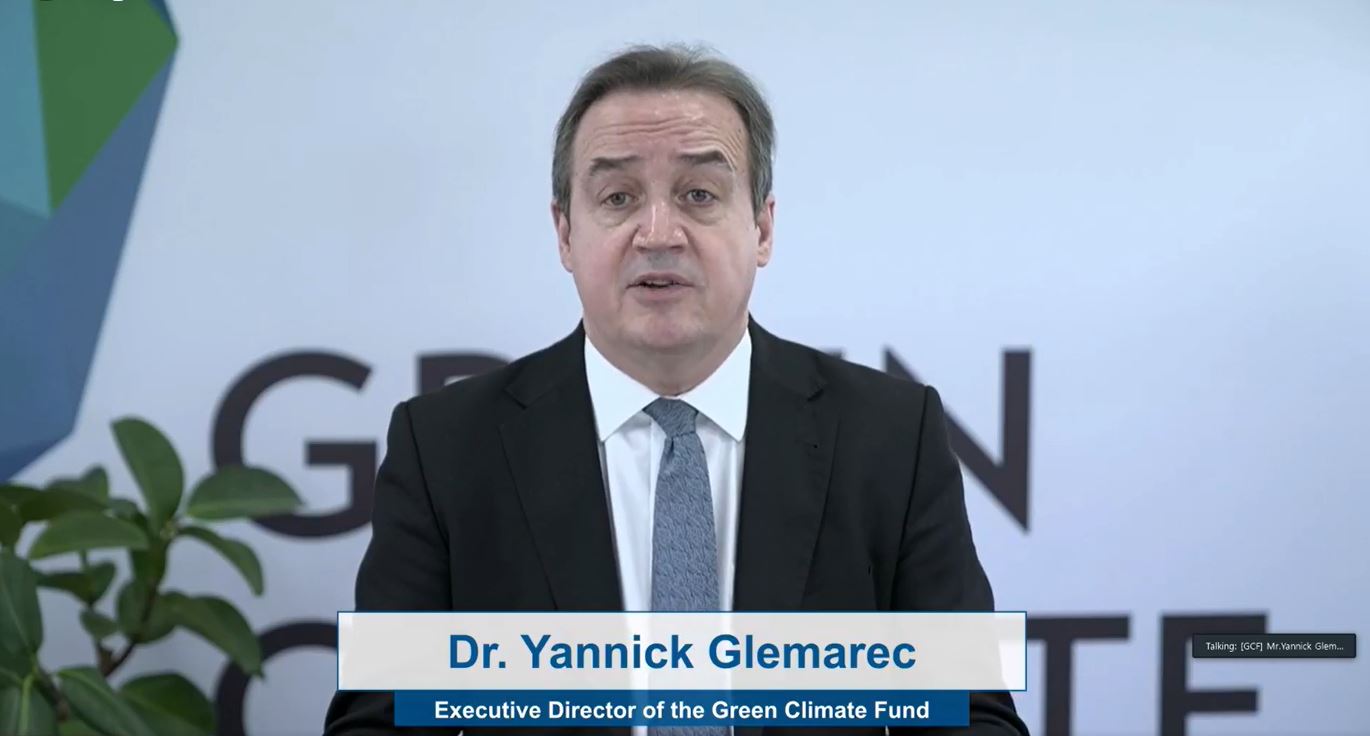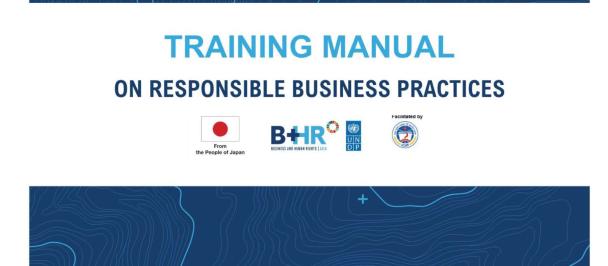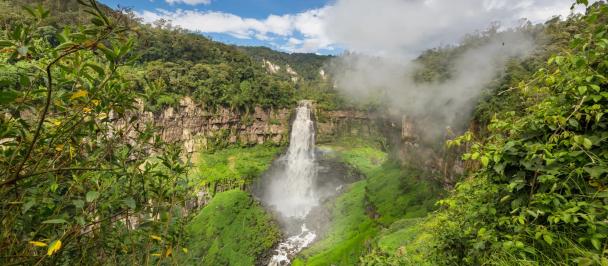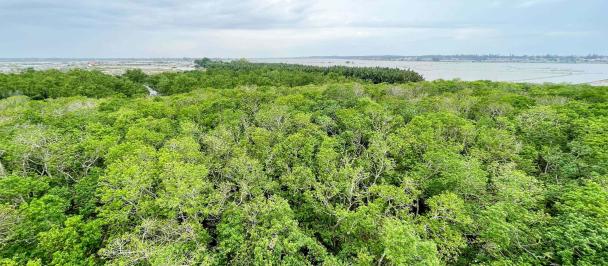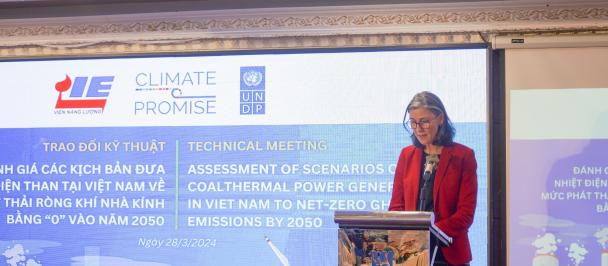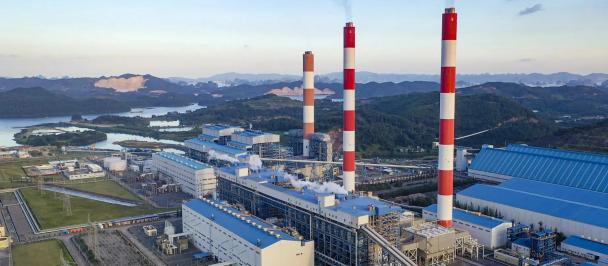Keynote Address by Yannick Glemarec, Executive Director of Green Climate Fund (GCF)
International Conference on a Green and Inclusive Economic Rebound in Viet Nam
February 25, 2022
Excellencies, distinguished guests, ladies and gentlemen.
Thank you for this invitation.
The COVID-19 pandemic has inflicted unimaginable suffering and severe economic damage.
But as the world begins to cautiously emerge from the worst of the pandemic, we also have an opportunity. To build a green, sustainable recovery that also significantly helps global climate efforts by unlocking badly needed financial flows.
An economic recovery that moves us forward.
Climate action and COVID-19 recovery measures must be mutually supportive to be effective.
Investment in priority climate solutions, including renewable energy, low-carbon cities, energy efficiency, sustainable transport, climate resilient agriculture and ecosystems restoration generate substantial socio-economic co-benefits, including job creation.
For example, the World Economic Forum estimates that a COVID-19 recovery focusing on nature-based approaches could create 400m jobs and USD 10 trillion in business value each year by 2030.
To stimulate the economy and mitigate the impact of Covid-19, governments are undertaking large-scale expansionary fiscal measures. Depending on their green contents, these stimulus measures can either entrench our dependence on fossil fuels or accelerate our transition to net zero emissions by 2050. However, the UN Environment Programme estimates that so far only 18% of recovery spending and only 2.5% of total spending will enhance sustainability in the 50 largest economies.
We must ensure that developing countries are able to drive a green, climate-resilient recovery from the COVID-19 economic shock, without raising their levels of sovereign debt.
GCF aims to use our resources to support developing countries in making this transformation.
As the world’s largest multilateral climate fund, GCF now has USD 10 billion in approved projects, USD 37.2 billion including co-financing.
We are using our resources to drive a paradigm shift based on a four-pronged approach.
First, we help countries establish a conducive policy environment for climate investment. This includes using capacity-building grants to assist developing countries make green COVID-19 recovery plans.
Second, we catalyse climate innovation, supporting new technologies and efforts to incubate and accelerate innovation within developing countries.
Third, we de-risk transformative projects to crowd-in private finance – particularly those that support green recovery projects.
And finally, the fourth pillar of our approach is to help align finance with sustainable development by empowering domestic financial institutions in developing countries to take the lead in driving climate action.
Across the ASEAN region, GCF already has over USD 795 million in approved funding, via 15 approved projects, including three projects in Viet Nam worth over USD 146 million.
Projects that are strengthening storm and flood protection for coastal communities, scaling up energy efficient investments and strengthening the climate resilience of smallholder farmers. In addition, over USD 3.2 million in readiness support has been approved for Viet Nam.
One of the projects in ASEAN that we launched last year is the ASEAN Catalytic Green Finance Facility, where GCF is investing USD 300 million alongside cofinancing of USD 3.385 billion from the Asian Development Bank. The facility will use those public funds to catalyse private investment at scale, delivering an estimated USD 7 billion in green infrastructure finance to foster a green, climate resilient COVID-19 recovery with public, private and commercial financing.
Ladies and gentlemen, we know that the COVID-19 pandemic has severely affected momentum on climate action. But mobilising green capital that enables a sustainable recovery while supporting green jobs is also an enormous opportunity.
And this is particularly the case for ASEAN countries. Recent research suggests that of all the world’s regions ASEAN economies have the most to lose from climate inaction and also the most to gain from implementing a green recovery.[1]
A green transition would not only mitigate the rise in global temperature, but also ensure a more rapid economic recovery, avoiding a 25% drop in ASEAN’s GDP, curtailing the region’s debt crisis, and helping create jobs in climate-friendly sectors.
I look forward to working with you as together we seek to take advantage of these opportunities and enable a green and inclusive recovery.
Thank you.
[1] This is cited in Building Back Better (the ASEAN Parliamentarian report) and comes from original research by Swiss Re on The Economics of Climate Change

 Locations
Locations